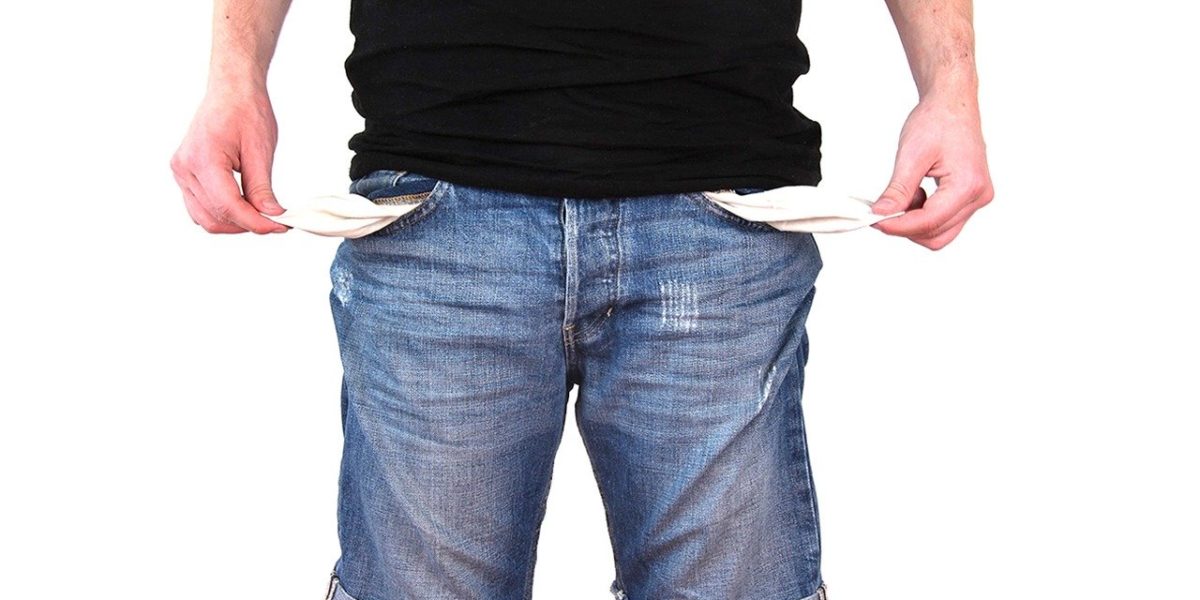Prioritizing bills
Written by New Ventures Maine | Published on March 24, 2020
Tips from the Consumer Financial Protection Bureau (CFPB). For expenses like utilities, phone and internet, mortgages, or insurance, many providers are offering flexibility to customers facing financial strain. Check with your service providers or contact 211 for special resources available in your area.
Making a short-term plan can help you identify the consequences of failing to pay certain bills. This can help you prioritize your expenses if you just can’t pay everything.
You’re responsible for paying all of your expenses on time. If you miss payments now, you’ll have to make them up in the future. But when you don’t have enough money to cover your needs and obligations, you may have to make a short-term plan to get
through the month. Sometimes your plan may involve paying some bills late or missing a bill. When bill collectors are calling or you’re trying to decide which of your obligations to pay first, it can sometimes just seem easiest to pay the “squeakiest wheel”—but this might not be the best approach. Sometimes you may need to ignore the squeaky wheel for a short time while you pay for necessities and build a plan for repayment.
What to do
- Read through the list of expenses (see page 2 & 3). Identify what you need to pay to protect your housing and income, keep your insurance, and meet any court-ordered obligations.
- Prioritize your bills.
A step further
Don’t ignore bills you can’t pay. If you must miss a payment, call the person or company you owe the money to and explain that you will miss a payment and the reason for it. You may wish to contact a certified housing counselor or credit counselor for specialized assistance in building a plan to pay your debts and pay your monthly bills and expenses. Module 6: Dealing with Debt describes your rights in debt collection and includes tips for responding to debt collectors. For additional information on what debt collectors can and cannot do, visit consumerfinance.gov/consumer-tools/debt-collection/.
